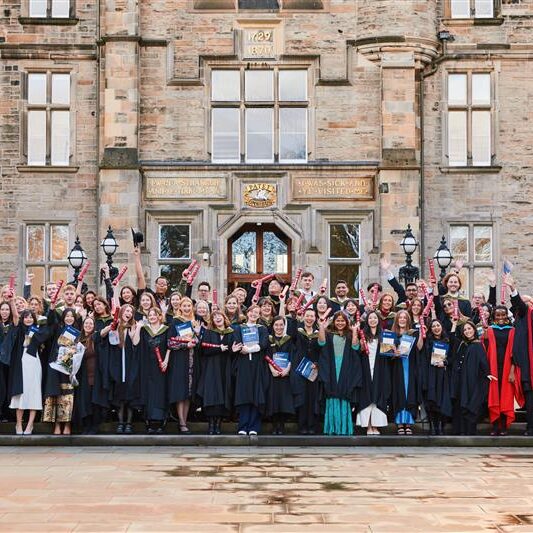Before joining the Futures Institute, I worked in civic technologies, leveraging technologies to engage citizens in new forms of democratic processes (2019-2023). I collaborated with the European Commission, the Civic Engagement Commission in New York, Open Source Politics or the OECD on the design and implementation of participatory and deliberative processes across Europe and in the United States.
I enrolled in MSc Future Governance to pursue further research on AI and data governance. I was especially interested in governance models that incorporated democratic principles and community ownership. I was also eager to do research on the way public administrations and services adapted to emerging technologies.
My dissertation project was built around a two-day assembly on GenAI use in higher education. During this assembly, my fellow students and I worked with professors and external experts on a final set of principles on the ethical use of AI at the Futures Institute. I presented this work at the Participatory AI Research & Practice Symposium during the Paris AI summit in February 2025.
Joining the Futures Institute gave me the academic space and time to pinpoint where the fight against Big Tech lies –– through practicing AI audits, looking into the role of ethical deliberation for AI governance, and exploring the importance of data activism to unearth my generation’s challenges with AI. I shared my insights in a recent feature in the Guardian where I explored my generation’s worries when it comes to AI.
I currently work independently on several projects including the design and implementation community-led AI audits with Eticas Foundation and the Civic Tech Field Guide. I am now preparing my next project: a community response to the pressing need to present an alternative to the rise of techno-authoritarianism.









